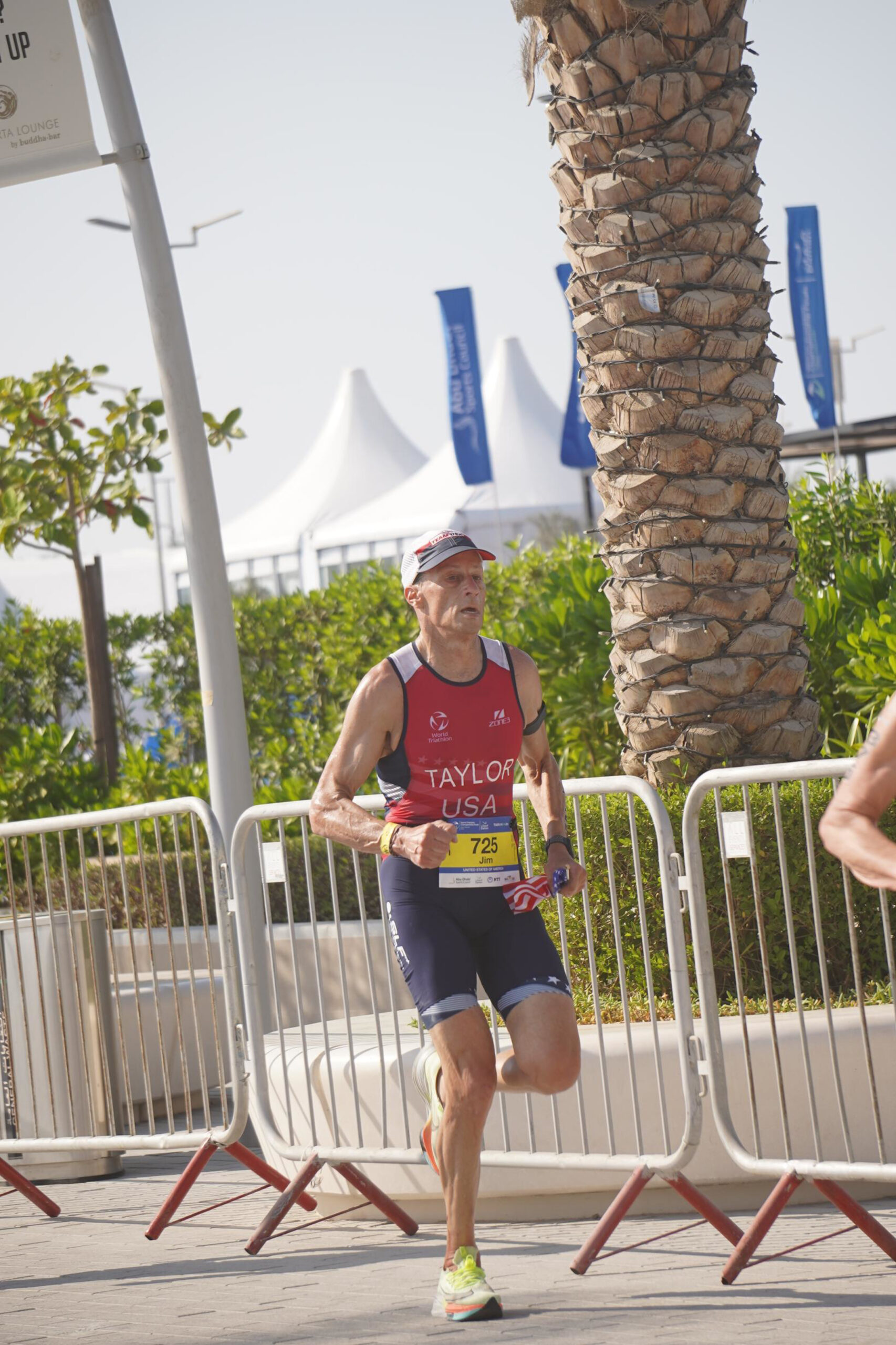In two recent posts, I discussed the training and race situations in which you want to listen to your body and when you want to ignore your body. In this article, I’m going to share with you some ideas about listening to your mind.
I’ve just finished my fifth week of a six-week high-volume, high-intensity training block leading up to the USAT Multisport National Championships in Dallas beginning in ten days. This event is my first “A” series of races of the 2023 season. I’ve been working really hard and have made some significant gains in my fitness and speed in all three disciplines of triathlon. My goal is to be fit, recovered, and excited about racing in April 20th.
Unfortunately, right now, I’m feeling anything but fit, recovered, and excited. I’m in a constant state of tiredness and low energy. Given the focus of this training block, these feelings aren’t surprising, and I trust my coach, Dr. Greg Rhodes (who has been masterful in training, recovery, race preparation, and race tapering), when he says that I won’t feel this way in ten days. Despite this fatigue, my body actually feels pretty good, and I’ve been able to complete all of my workouts, maintain good effort and focus, and hit my numbers.
Listen to Your Mind When It Says Slow Down or Stop
It’s my mind where I’m struggling. Anyone who knows me would say that I’m usually a positive and motivated triathlete (and person). But in the last week or so, I’ve noticed a steady downward trend in my attitude toward training. From excitement and enthusiasm to apathy and downright dread. I’ve felt a bit down, mildly depressed, and just plain blah most of the day, definitely not my usual spunky self (that’s a word I haven’t used in decades!).
Here’s where it’s important to listen to your mind, even if your body is feeling okay. Assuming you are generally excited about workouts, if you see a shift in your thinking, emotions, and motivation (all properties of the mind), a big red flag should start flying in your mind signaling you of impending trouble.
Remember that your mind isn’t some entity completely separate from your body; rather, your brain (in which your mind resides) is a part of your body.
As the saying goes, where the mind first goes, the body is sure to follow (actually, I think I just made that up). My point is you don’t want to wait till that mental fatigue trickles down to your body because it’s much easier to recover from mental fatigue than physical fatigue.
So, what did I do? I immediately texted Greg and told him how I was feeling. In turn, he eased up on my training volume and intensity for a few days until my tri-mojo started to coursing through my veins again. A good example of using your head to get faster, wouldn’t you say?
Listen to Your Mind When Your Body Says Stop
You also want to listen to your mind when your body starts to tell you to slow down or stop. I’ve written about this phenomenon in detail previously (where you can learn about the many mental tools you can use for your mind to take control of your body). Here’s a quick synopsis. Through evolution, your body has learned to back off when it experiences discomfort because it doesn’t know the difference the exertion pain experienced in triathlon in 2023 and pain that was usually followed by death on the Serengeti 250,000 years ago when we first became Homo Sapiens. Thankfully for us, that evolution also gave we humans a cerebral cortex and, more importantly, a prefrontal cortex that allows us to make conscious choices and enables our minds to gain control of our bodies (to a point) and push it harder, faster, and farther than it would evolutionarily like.
Deep into a challenging workout or race, your body will start screaming at your mind to slow down or stop. If you listen to your body, your day will be over. However, you can listen to your mind when it tells you to keep going because you love triathlon and want to achieve your training or race goals. Those messages can override the increasingly loud messages from your body and enable you to push hard to the end. When you listen to your mind instead of your body, you will find that you can go beyond what you thought was possible. When you finish your workout or cross the finish line of the race, you will experience a sense of pride and exhilaration not in spite of the pain you experienced in the race, but because of it. And isn’t that why we do triathlons in the first place?







